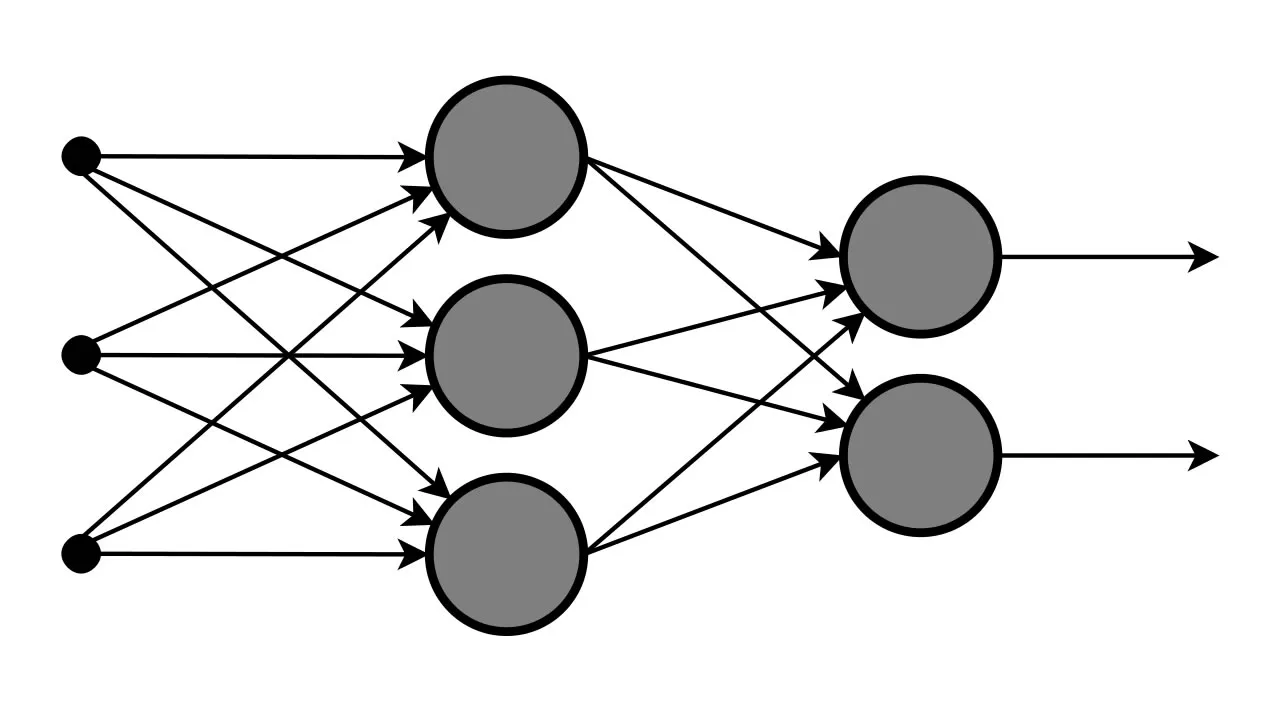Densely Connected Time Delay Neural Network for Speaker Verification
Densely Connected Time Delay Neural Network
PyTorch implementation of Densely Connected Time Delay Neural Network (D-TDNN) in our paper “Densely Connected Time Delay Neural Network for Speaker Verification” (INTERSPEECH 2020).
What’s New ⚠️
-
[2021-02-14] We add an
imploption in TimeDelay, now you can choose:- ‘conv’: implement TDNN by F.conv1d.
- ‘linear’: implement TDNN by F.unfold and F.linear.
Check this commit for more information. Note the pre-trained models of ‘conv’ have not been uploaded yet.
-
[2021-02-04] TDNN (default implementation) in this repo is slower than nn.Conv1d, but we adopted it because:
- TDNN in this repo was also used to create F-TDNN models that are not perfectly supported by nn.Conv1d (asymmetric paddings).
- nn.Conv1d(dilation>1, bias=True) is slow in training.
However, we do not use F-TDNN here, and we always set bias=False in D-TDNN.
So, we are considering uploading a new version of TDNN soon (2021-02-14 updated). -
[2021-02-01] Our new paper is accepted by ICASSP 2021.
Y.-Q. Yu, S. Zheng, H. Suo, Y. Lei, and W.-J. Li, “CAM: Context-Aware Masking for Robust Speaker Verification”
CAMoutperforms statistics-and-selection (SS) in terms of speed and accuracy.
Pretrained Models
We provide the pretrained models which can be used in many tasks such as:
- Speaker Verification
- Speaker-Dependent Speech Separation
- Multi-Speaker Text-to-Speech
- Voice Conversion
Usage
Data preparation
You can either use Kaldi toolkit:
- Download VoxCeleb1 test set and unzip it.
- Place
prepare_voxceleb1_test.shunder$kaldi_root/egs/voxceleb/v2and change the$datadirand$voxceleb1_rootin it. - Run
chmod +x prepare_voxceleb1_test.sh && ./prepare_voxceleb1_test.shto generate 30-dim MFCCs. - Place the
trialsunder$datadir/test_no_sil.
Or checkout the kaldifeat branch if you do not want to install Kaldi.
Test
- Download the pretrained D-TDNN model and run:
python evaluate.py --root $datadir/test_no_sil --model D-TDNN --checkpoint dtdnn.pth --device cuda
Evaluation
VoxCeleb1-O
| Model | Emb. | Params (M) | Loss | Backend | EER (%) | DCF_0.01 | DCF_0.001 |
|---|---|---|---|---|---|---|---|
| TDNN | 512 | 4.2 | Softmax | PLDA | 2.34 | 0.28 | 0.38 |
| E-TDNN | 512 | 6.1 | Softmax | PLDA | 2.08 | 0.26 | 0.41 |
| F-TDNN | 512 | 12.4 | Softmax | PLDA | 1.89 | 0.21 | 0.29 |
| D-TDNN | 512 | 2.8 | Softmax | Cosine | 1.81 | 0.20 | 0.28 |
| D-TDNN-SS (0) | 512 | 3.0 | Softmax | Cosine | 1.55 | 0.20 | 0.30 |
| D-TDNN-SS | 512 | 3.5 | Softmax | Cosine | 1.41 | 0.19 | 0.24 |
| D-TDNN-SS | 128 | 3.1 | AAM-Softmax | Cosine | 1.22 | 0.13 | 0.20 |
Citation
If you find D-TDNN helps your research, please cite
@inproceedings{DBLP:conf/interspeech/YuL20,
author = {Ya-Qi Yu and
Wu-Jun Li},
title = {Densely Connected Time Delay Neural Network for Speaker Verification},
booktitle = {Annual Conference of the International Speech Communication Association (INTERSPEECH)},
pages = {921--925},
year = {2020}
}
Revision of the Paper ⚠️
References:
[16] X. Li, W. Wang, X. Hu, and J. Yang, “Selective Kernel Networks,” in IEEE Conference on Computer Vision and Pattern Recognition (CVPR), 2019, pp. 510-519.
Download Details:
Author: yuyq96
Download Link: Download The Source Code
Official Website: https://github.com/yuyq96/D-TDNN
#pytorch #python #data-science

